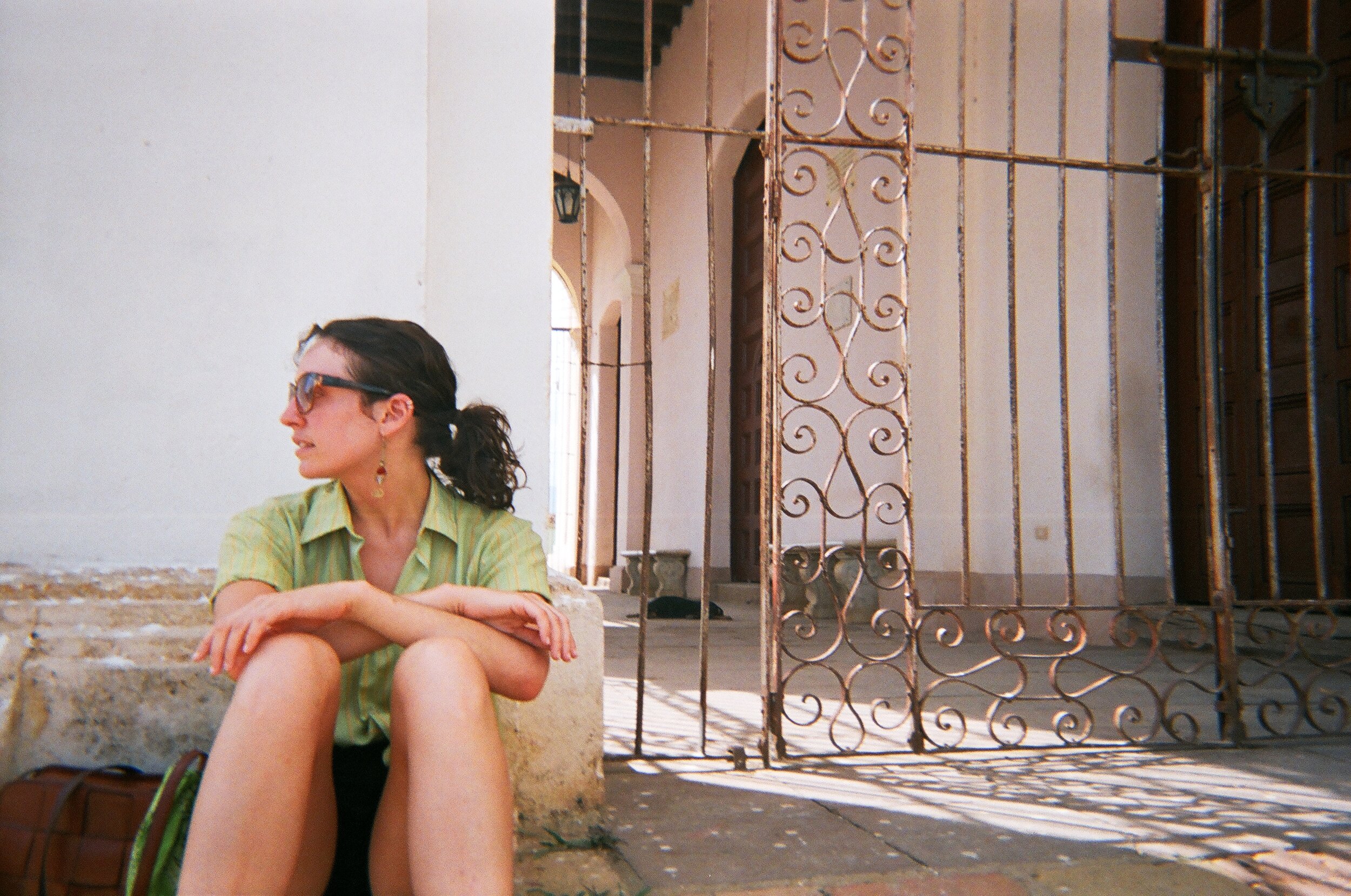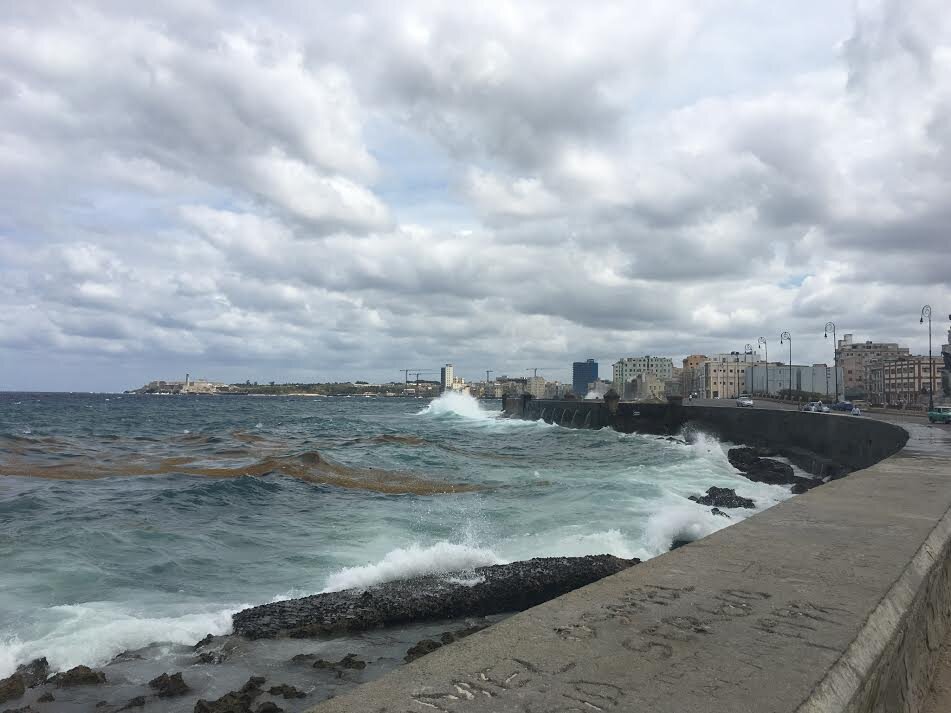2020 was going to be a year of international travel: my first time traveling for work, leading students abroad in Thailand and Europe; celebrating a best friend’s 30th birthday in Mexico City; taking a vacation with my partner to visit one of the many countries on our bucket list. Yet like everyone else living through a global pandemic, our plans were upended and our lives shifted as we instead chose to stay home, stay safe, and stay put to keep ourselves and our communities healthy.
Havanna, Cuba (2013)
Travel diaries from Ecuador and India
So instead of physically traveling, I’ve turned to inner exploration, reading novels that take me to faraway places and writing in my journal. Journaling has always been an important part of my own journey of self growth, and each time I’ve moved to a new city or new apartment, you can guarantee that I’ll be packing a small box of journals from my past. While I cherish each journal, the ones that are the most special, the ones that catch my eye while spring cleaning and cause me to flip a notebook open, transporting me vividly to experiences and places I’ve been, are my travel diaries.
“The journals demonstrate that even when traveling abroad and enrapt in new experiences, the process of reflection has been one of my greatest tools for self-growth.”
Udaipur, Rajasthan, India (2016)
Each time I’ve spent an extended period abroad - visiting Central America for the first time as a college freshman, studying abroad a semester in Ecuador, backpacking for a month in Europe, or conducting graduate research in India - I’ve brought a notebook and pen, and dutifully, joyfully, recounted my experiences, my reflections, my dreams, and my struggles.
These notebooks showcase a worldview expanding and evolving. They showcase a person experiencing food, languages, cultures, and landscapes vastly different than the ones she grew up with. Reading through travel diaries I’ve written, I see a young woman gaining a deeper understanding of herself and the world, building beautiful new friendships with people she never would have met otherwise, grappling with the injustices of poverty, patriarchy, and privilege that she encounters in her new environments, annoyed with travel mishaps and cultural misunderstandings, and astounded by the beauty she finds on a sunrise hike or temple visit.
While I’m currently at home in my apartment in Los Angeles, I pull out some journals from the trips that helped shape my worldview as an advocate for international education and exploration: my semester studying abroad in Ecuador in 2011 and my summer spent researching and traveling in India in 2016. Flipping through the entries I see names I had completely forgotten: Octavio, our guide through the Amazon jungle, or Railmagra, the tiny village I spent two nights in while a monsoon passed. I see receipts taped into the pages from a visit to the breathtaking Cajas National Park and a boat ride on Lake Pichola in Udaipur, Rajasthan. Moments that I’d all but forgotten come back to me through these pages and words. I’m again holding a monkey for the first time as I listen to a local conservationist teach my cohort about deforestation. I’m watching as a women-led collective of weavers sell handbags that they make with native plant fibers. I’m trying regional delicacies like kachoris and cebiches. I’m exhausted from hiking up a volcano with my host family at an altitude higher than I’ve ever known. I have my first dream in spanish! I successfully navigate my way through a bustling market in Jodhpur!
Diary entry from India (2016)
Intag, Ecuador (2011)
For me, my travel journals serve as beautiful and insightful reminders of the places and people I’ve been fortunate enough to have known and learned from. But more than that, these journals remind me that I am never done growing and learning. The journals demonstrate that even when traveling abroad and enrapt in new experiences, the process of reflection has been one of my greatest tools for self-growth. So while I likely won’t be traveling abroad in the near future, I will continue to use this time at home to keep journaling, keep reflecting, and keep growing, so that when I do venture out again to a new part of the world its with the same curiosity, wonder, and respect for difference that first drew me to a life of international travel.
Georgia Stahl is the Programs Coordinator at Annenberg International Programs























